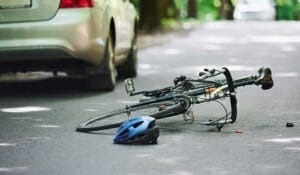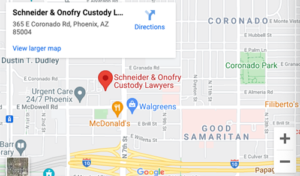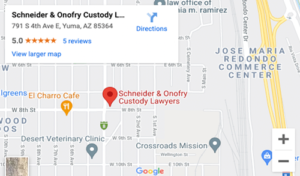Phoenix-Yuma Transportation and Commercial Trucking Litigation Attorneys
Any collision involving a commercial vehicle has an added layer of complexity and takes on an amplified importance because of the size of the vehicles and the extensive regulations that apply to them, which makes commercial trucking and transportation companies targets for the plaintiff’s bar.
Jon Schneider, Chuck Onofry and Tim O’Connor
offer extensive experience in representing major transportation companies and trying complex cases. In recent years, they have obtained a half-dozen defense verdicts on substantial cases.
Spoliation
Spoliation of evidence is front and center in trucking cases. The plaintiff’s bar knows how to use the failure to preserve evidence as a weapon in pursuing their legal claims. Thus, there is a premium on immediately responding to the accident scene and preserving both the roadway evidence and the evidence contained within the vehicle itself. This includes electronic logs, dash cam videos, sensors which help detect whether the drivers may be falling asleep, and of course the data contained within any electronic control module or black box. Our attorneys know the value of responding immediately to the accident scene and having access to the necessary professionals to preserve this evidence.
Mitigating Expert Testimony
Liability experts employed in trucking cases are dangerous because they frequently parrot the law and engage in frequent speculation about how noncompliance with certain regulations caused this particular collision.
Punitive Damages
Punitive damages are almost always an issue in these cases. Arizona is somewhat unique in imposing vicarious liability for punitive damages. Punitive damages are a particular concern where the claim involves allegations the driver was fatigued and went beyond hours of service or that the company was negligent in hiring, training, and supervision. This is especially true where the driver has some negative history.
Motion Practice
Finally, motion practice is critically important because some evidence is simply too prejudicial and needs to be excluded prior to trial. This includes motions designed to limit expert witnesses from offering speculative opinions, introduction of other bad acts, and exposure to punitive damages.















